The early years of a child’s life are crucial for their development and future success. Early childhood learning plays a pivotal role in shaping a child’s cognitive, social, emotional, and physical abilities. This article delves into the significance of early childhood learning and its impact on a child’s lifelong journey.
Table of contents
- Importance of Early Childhood Learning
- Understanding Early Childhood Development
- Creating a Stimulating Environment for Early Childhood Learning
- The Role of Play in Early Childhood Learning
- Effective Teaching Strategies for Early Childhood Learning
- Supporting Language and Literacy Development
- Developing Mathematical Thinking in Early Childhood
- Nurturing Creativity and Artistic Expression
- Cultivating Social and Emotional Intelligence
- Promoting Physical Health and Well-being
- Conclusion
- Frequently Asked Questions
Importance of Early Childhood Learning
The first few years of a child’s life are a period of rapid brain development. Early childhood learning experiences lay the foundation for future academic achievements, emotional intelligence, and social skills. By investing in early childhood education, we can unlock a child’s potential and nurture their innate abilities.
The skills and knowledge acquired during early childhood form the basis of future learning. When children are exposed to a stimulating and nurturing learning environment, they develop a love for learning and an eagerness to explore the world around them.

Understanding Early Childhood Development
Stages of Early Childhood Development:
Early childhood can be broadly divided into different stages, each with its unique milestones and challenges. Understanding these stages helps caregivers and educators cater to the specific needs of children at different ages.
Cognitive Development in Early Childhood:
Cognitive development in children refers to the growth and maturation of their mental abilities, such as thinking, problem-solving, memory, language, and reasoning. It involves the progressive development of cognitive skills and processes, enabling children to understand and interact with the world around them in increasingly complex ways as they age and learn.
Social and Emotional Development in Early Childhood:
Early childhood is a crucial time for social and emotional development. We discuss how positive interactions, emotional support, and meaningful relationships contribute to building strong social skills and emotional intelligence.
Physical Development in Early Childhood:
The physical development of young children sets the stage for their overall health and well-being. This section examines the importance of gross and fine motor skills development and how it influences a child’s physical capabilities.
Creating a Stimulating Environment for Early Childhood Learning
Designing a Safe and Engaging Learning Space:
A safe and engaging learning environment is essential for children’s growth. We explore the key elements of a well-designed early childhood learning space that promotes exploration and learning.
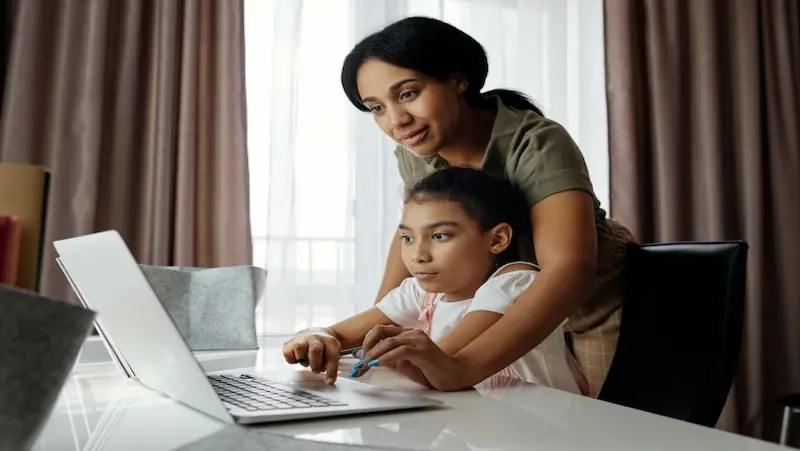
Utilizing Toys and Educational Materials:
Toys and educational materials play a vital role in early childhood learning. We discuss how age-appropriate toys can stimulate a child’s imagination, creativity, and cognitive abilities.
Incorporating Technology in Early Childhood Learning:
Technology, when used appropriately, can be a powerful tool for enhancing early childhood learning. This section examines the benefits and considerations for integrating technology into the learning process.
Promoting Outdoor Exploration and Nature-based Learning:
Nature-based learning fosters a deeper connection with the natural world and enhances a child’s sensory experiences. We discuss the benefits of outdoor exploration and how it contributes to holistic development.
The Role of Play in Early Childhood Learning
Play is a child’s natural way of exploring and making sense of the world. We explore the significance of play in early childhood learning and its role in developing various skills.
Different types of play, such as imaginative play, constructive play, and cooperative play, serve distinct purposes in a child’s development. We discuss each type and its impact on learning.
Both structured and unstructured play are valuable for children’s growth. We explore how a balance of both types of play can contribute to a well-rounded early childhood learning experience.
Effective Teaching Strategies for Early Childhood Learning
Play-based learning allows children to engage in activities that align with their interests and strengths. We discuss how this approach encourages active participation and fosters a love for learning.
Inquiry-Based Learning Methods:
Inquiry-based learning promotes curiosity and critical thinking. This section explores how asking questions and seeking answers can lead to a deeper understanding of various subjects.
Project-Based Learning for Young Children:
Project-based learning encourages children to investigate and solve real-world problems. We examine the benefits of this approach and how it nurtures creativity and collaboration.
Individualized Learning and Differentiation:
Every child is unique, with different learning styles and abilities. We discuss the importance of individualized learning plans and how differentiation supports each child’s progress.
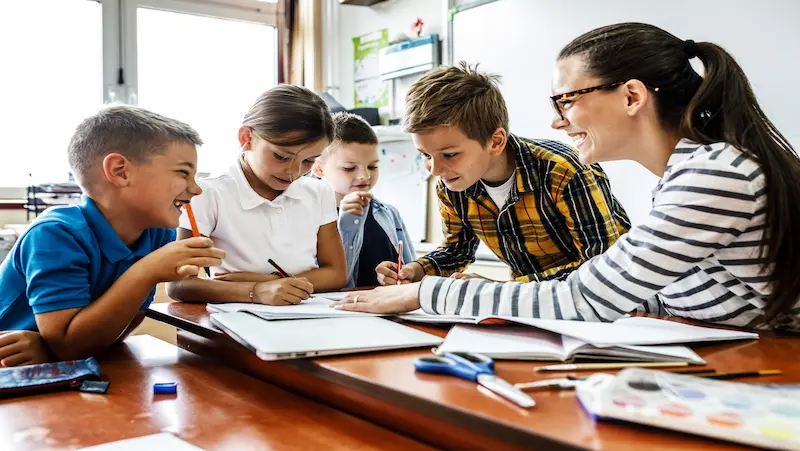
Supporting Language and Literacy Development
Building Vocabulary and Language Skills:
Language development is fundamental to communication and comprehension. We explore strategies for building vocabulary and language skills during early childhood.
Promoting Early Reading and Literacy:
Early exposure to books and reading sets the stage for a lifelong love of reading. This section highlights the importance of promoting literacy from an early age.
Encouraging Storytelling and Imaginative Play:
Storytelling and imaginative play not only foster creativity but also enhance language and emotional expression. We discuss ways to encourage these activities in early childhood learning.
Developing Mathematical Thinking in Early Childhood
Introducing Basic Mathematical Concepts:
Early childhood is an ideal time to introduce fundamental mathematical concepts. We explore age-appropriate ways to introduce numbers, shapes, patterns, and more.
Hands-on Activities for Early Math Skills:
Hands-on activities and manipulatives are powerful tools for developing mathematical thinking. This section showcases engaging activities to enhance early math skills.
Incorporating Math into Everyday Activities:
Math is all around us, and we can integrate it seamlessly into daily routines. We discuss how to make math a part of everyday life to reinforce learning.
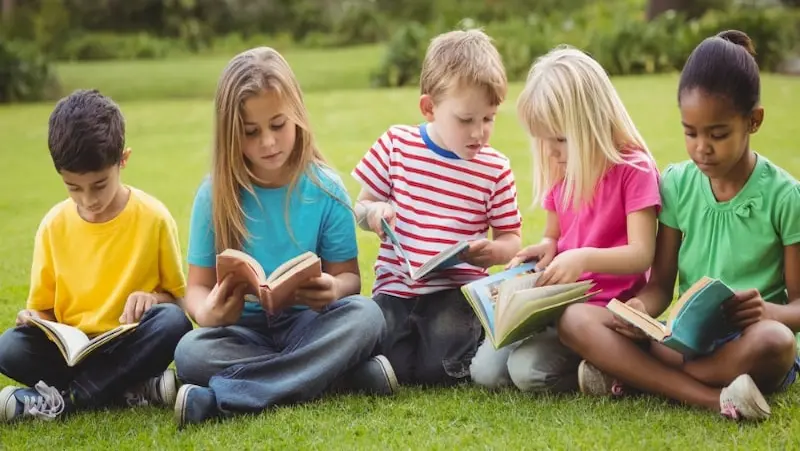
Nurturing Creativity and Artistic Expression
Exploring Various Art Forms and Materials:
Art is an essential avenue for creative expression. We explore various art forms and materials that encourage artistic exploration and self-expression in early childhood. Art projects for kids provide a wonderful opportunity for creative expression, imagination, and skill development. Activities like drawing, painting, crafting, and sculpting not only bring joy but also enhance their cognitive and motor skills, encouraging them to explore and embrace their artistic talents.
Encouraging Music and Movement:
Music and movement are powerful tools for engaging children and enhancing their sensory experiences. This section discusses the benefits of incorporating music and movement in early childhood learning. Children’s music, with its catchy tunes and playful lyrics, is a delightful way to entertain and educate young ones, sparking their creativity and fostering a love for music from an early age.
Also check out classical music for kids.
Integrating Drama and Puppetry in Early Childhood Learning:
Drama and puppetry provide unique opportunities for imaginative play and storytelling. We examine how these activities support creative development in young children.
Cultivating Social and Emotional Intelligence
Fostering Positive Relationships and Social Skills:
Building positive relationships is crucial for children’s social development. We discuss ways to foster social skills, empathy, and cooperation in early childhood. Positive habits are key to personal growth and well-being. They include practices such as regular exercise, mindfulness, maintaining a healthy diet, getting enough sleep, staying organized, setting goals, and fostering positive relationships, contributing to a happier and more fulfilling life.
Teaching Emotional Regulation and Self-awareness:
Emotional regulation and self-awareness are essential components of emotional intelligence. This section explores strategies for teaching young children how to manage their emotions.
Addressing Behavioral Challenges in Early Childhood:
Challenging behaviors are a natural part of child development. We discuss positive discipline techniques and strategies for addressing behavioral challenges in a constructive manner.
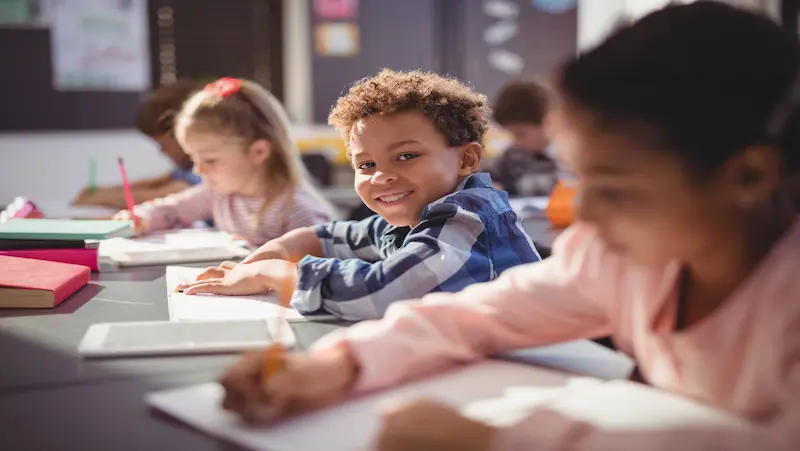
Promoting Physical Health and Well-being
Regular physical activity is vital for a child’s physical health and development. We explore the benefits of active play and age-appropriate exercises for young children.
Healthy Eating Habits and Nutrition for Young Children:
Kids health is of utmost importance, and it involves maintaining a balanced diet, regular exercise, proper sleep, and regular medical check-ups to ensure their well-being and development. Proper nutrition during early childhood is essential for growth and development. Kids nutrition plays a vital role in their growth and development, as it provides essential nutrients for their bodies and supports their overall health and well-being. Encouraging a balanced diet rich in fruits, vegetables, whole grains, and lean proteins is crucial for their optimal growth and long-term health.
Sleep and Restful Practices for Optimal Development:
Adequate sleep is critical for cognitive and emotional well-being. We discuss the importance of sleep and tips for establishing healthy sleep routines in early childhood. Growth mindset activities for kids promote optimal development by encouraging them to embrace challenges, learn from mistakes, and believe in their ability to improve. Engaging in activities that emphasize effort, perseverance, and the power of “yet” can cultivate resilience and a positive attitude towards learning and personal growth.
Conclusion
Early childhood learning plays a transformative role in a child’s life, setting the stage for future success and well-being. By understanding the various aspects of early childhood development and adopting effective teaching strategies, caregivers and educators can unlock the full potential of young minds.
By fostering a nurturing, stimulating, and inclusive learning environment, we can empower children to become lifelong learners and confident individuals, ready to take on the challenges and opportunities that lie ahead. Investing in early childhood learning is not only an investment in the future of individual children but also in the betterment of society as a whole.
Elevate your child’s education with BrightChamps, offering interactive resources for comprehensive learning.
To get your hands on more such educational and free resources on coding for kids, robotics courses for kids, game development, etc., do check out the Brightchamps Blog Page now!
Frequently Asked Questions
Early childhood learning is crucial as it lays the foundation for lifelong development, setting the stage for future academic, social, emotional, and cognitive success.
Key areas of development in early childhood include cognitive, social, emotional, and physical growth, which form the basis for overall well-being.
Parents can support early literacy development by reading to their child regularly, engaging in conversations, providing access to books, and creating a print-rich environment.
Play-based learning is significant as it fosters creativity, problem-solving, and social skills while making learning enjoyable and meaningful for young children.
Technology can be effectively integrated into early childhood education by using age-appropriate educational apps, interactive tools, and supervised screen time for enriching learning experiences.
Parents play a vital role in early childhood learning by providing a nurturing environment, engaging in activities, and fostering a love for learning.
Educators can promote inclusive early childhood education by valuing diversity, adapting teaching methods, and providing support to meet the needs of all children.
Recommended resources for STEAM education in early childhood include interactive websites, educational apps, age-appropriate STEM toys, and hands-on activities.
Assess your child’s progress in early childhood learning by observing their behavior, communication, problem-solving, and motor skills through play and daily interactions.
Smooth transitions to kindergarten can be facilitated by introducing the school environment, establishing routines, and involving parents and teachers in the process.

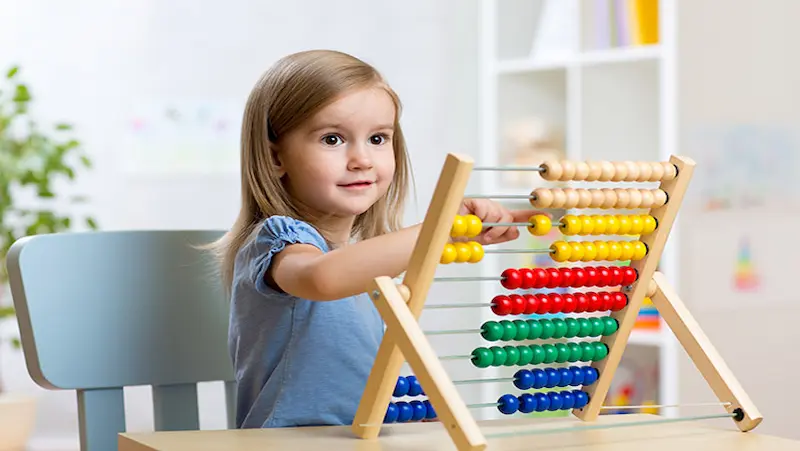
 We are an army of educators and passionate learners from BrightChamps family, committed to providing free learning resources to kids, parents & students.
We are an army of educators and passionate learners from BrightChamps family, committed to providing free learning resources to kids, parents & students.







